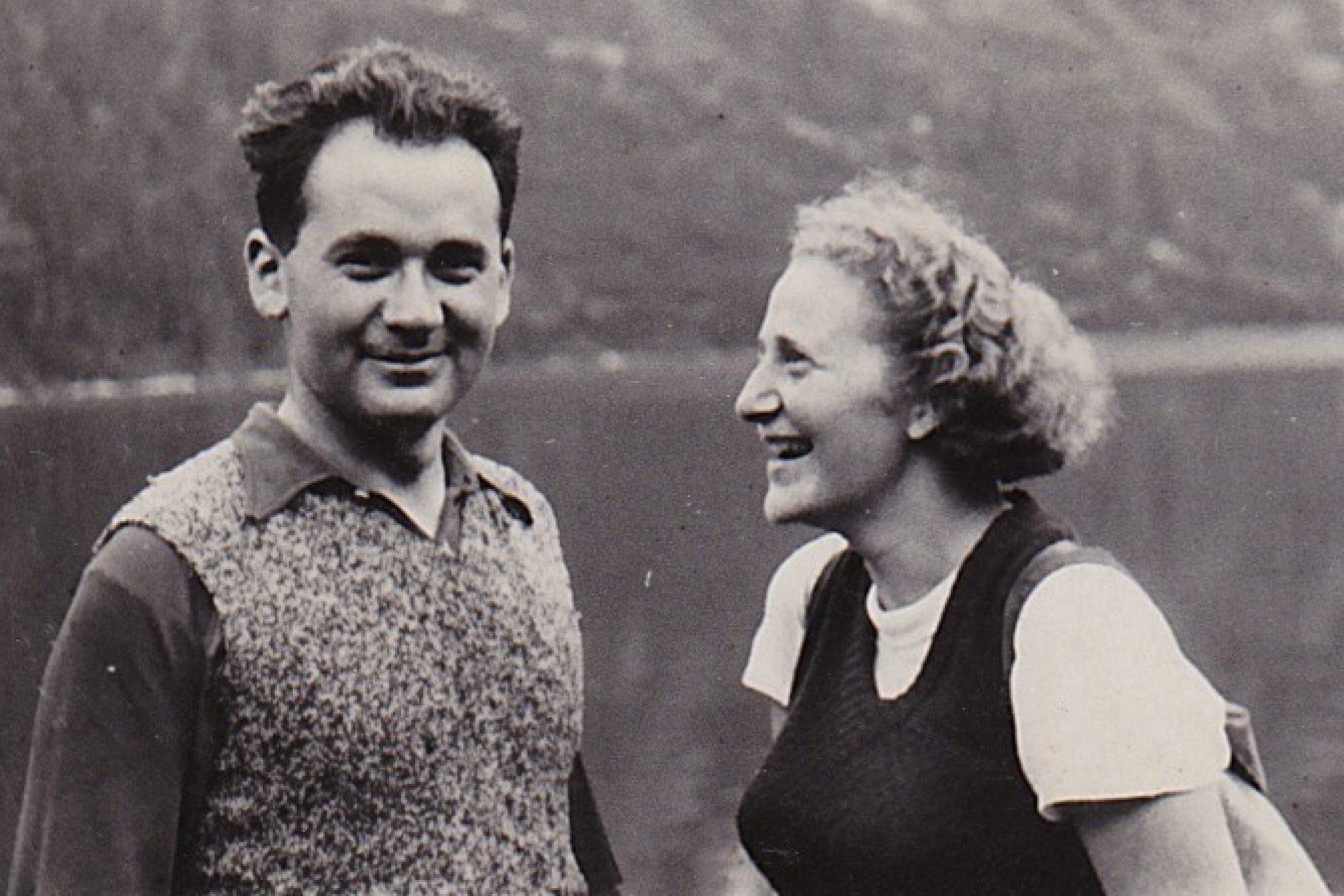In 2016, I attended the 17th annual international “Healing From War” workshop in Otwock, Poland, and at the former death camps of Auschwitz-Birkenau. The two-week program is organized by Reevaluation Counseling, an international, community-based organization whose goal is to end oppression worldwide and liberate people from its hurtful effects.
Attending the workshop were more than 100 people from 18 countries. All of us have decided to prioritize healing from the effects of war in our own lives, in order to help end war altogether.
The countries represented included (alphabetically): Australia, Basque Country, England, Germany, Greece, Hungary, Israel, Japan, Kenya, Nigeria, Norway, The Netherlands, Poland, Russia, South Africa, Sweden, Swaziland, and the United States. Among the participants were military veterans; immigrants and children of immigrants; refugees and children of refugees; descendants of Jewish Holocaust survivors, descendants of Nazis, and others whose families lived through WWII; descendants of slaves; survivors of violence; residents of occupied lands; survivors or witnesses of violence; and so on. We were people of different genders, class backgrounds, current economic situations, sexual orientations, professions, religions, cultures, and other identities. Among us we spoke over twenty languages.
It’s significant that the workshop met in Poland because Auschwitz has become an international symbol of the worst that humans can do to one another–a universal point of reference for all crimes against humanity. Also, during WWII, all of Poland endured severe wartime occupation conditions, and for over forty years afterward struggled under repressive Soviet-influenced communist rule.
For me, having the workshop set in Poland, where much of my family lived and then died under the Nazis, forced me to look unflinchingly at the damaging effects this history has had on my own consciousness, and how my relationship with the Holocaust affects my behavior, choices, and human interactions in ways I wish it didn’t. I had the opportunity to talk, cry, shake with fear and rage in the company of other people, who were all working on their own relationship with war in order to be able to listen and stay with me through extremely difficult feelings. In turn, I learned to listen with attention, compassion and love to many other people’s stories about how war has affected their lives, some of which were filled with equally harsh details.
Attendees at the workshop made powerful and lasting international friendships and alliances that I’m certain will increase our capacity to work for peace and justice, care for the earth’s environment we all share, and eliminate all types of oppression.
